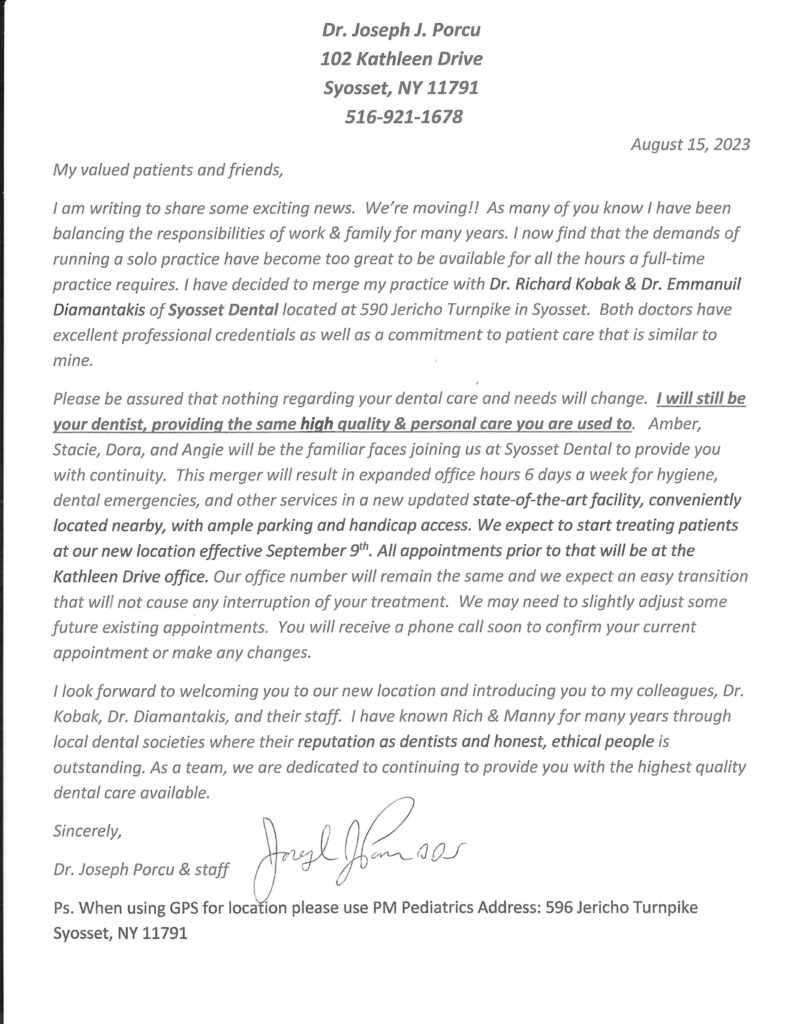 Finding answers to questions about TMJ disorder isn’t always as simple as finding answers about cavities or gum disease. TMJ disorder isn’t as common as these issues, and because its causes and symptoms vary widely, it is often misdiagnosed or disregarded as a non-issue. Yet, if you suffer from TMJ disorder, then its symptoms and its interference with your bite can have a significant impact on your overall quality of life. Therefore, we take some time to answer common questions about TMJ disorder, and how to treat it if it develops.
Finding answers to questions about TMJ disorder isn’t always as simple as finding answers about cavities or gum disease. TMJ disorder isn’t as common as these issues, and because its causes and symptoms vary widely, it is often misdiagnosed or disregarded as a non-issue. Yet, if you suffer from TMJ disorder, then its symptoms and its interference with your bite can have a significant impact on your overall quality of life. Therefore, we take some time to answer common questions about TMJ disorder, and how to treat it if it develops.
What is TMJ disorder?
TMJ disorder, or temporomandibular joint disorder, is a collective term that can describe any of a large number of issues that affect your jaw’s joints and muscles. Common TMJ disorders include joint damage, inflammation in and around the joint, misalignment of one or both joints, and more.
Can I prevent TMJ disorder from developing?
TMJ disorder isn’t always preventable because many of its risk factors (like crooked teeth) are congenital. However, by taking good care of your smile and visiting your dentist regularly, you may be able to spot the disharmony in your bite and treat it before intense TMJ pain develops.
How do I treat TMJ disorder?
Treating TMJ disorder depends on an accurate diagnosis of its underlying cause. For instance, if crooked teeth are to blame for your damaged joints, then you may need orthodontic treatment to correct them. For many patients, though, TMJ disorder can be treated with a custom-designed appliance that helps hold your lower jaw in a more comfortable position. Wearing the appliance while you sleep can ease the tension on your TMJs, allowing them to recuperate and heal.











